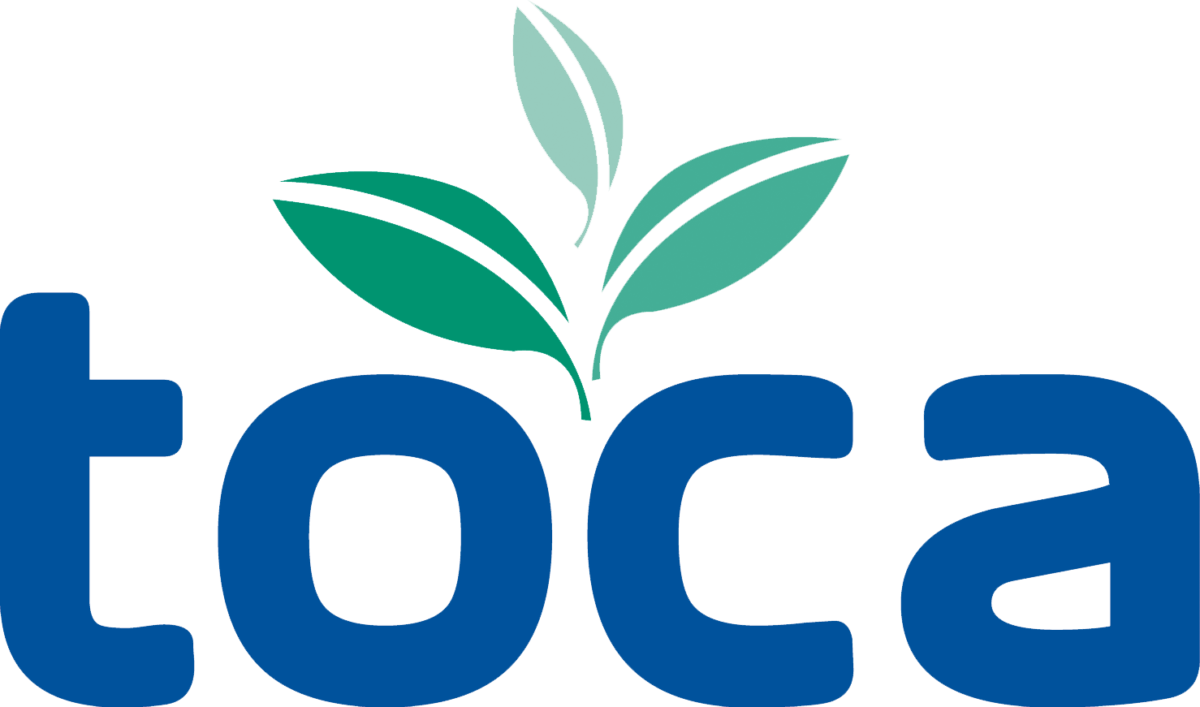Techniques for Excellent Writing
By Jennifer Klemmetson
Ewing Irrigation & Landscape Supply
Writing consultant, columnist and award-winning author Stephen Wilbers has written more than 950 columns on effective writing. During this years annual TOCA meeting, he shared his techniques and exercises to help improve our writing skills.
Five Elements of Effective Writing
Good writing is clear, concise and to the point. Use these five elements to keep your writing on track.
- Focus on a clear, manageable central idea with subordinate ideas that support and reinforce that idea.
- Organize the material to guide the reader from one idea to the next.
- Have supporting material including explanations, examples, statistics and quotations that clarifies and persuades.
- Use clear, specific language that the audience will be able to understand. Use a variety of sentence structure and length.
- Make sure your spelling, grammar and punctuation is correct people will notice if its not.
Proofreading Checklist
Wilbers offered four quick checks for proofreading your own work or someone elses work.
- Does it look right?
- Is it effective?
- Does it sound right?
- Is it correct?
The 3-Step Message
This easy, three-step message helps you draft a quick, concise email or other messages to communicate more effectively.
- Purpose: I am writing to you because
- Background: The important points are
- Proposed action: I propose that you
Practice and Set Goals
To improve your writing, create a writing plan. Short term goals: What steps will you take in the next week to improve your writing? Long term goals: What steps will you take in the next month to improve your writing? Write down 2-3 steps for each, and continuously work to improve your writing skills.
Check out all of Wilbers tips, columns and quick reference guides on his website at www.wilbers.com.

